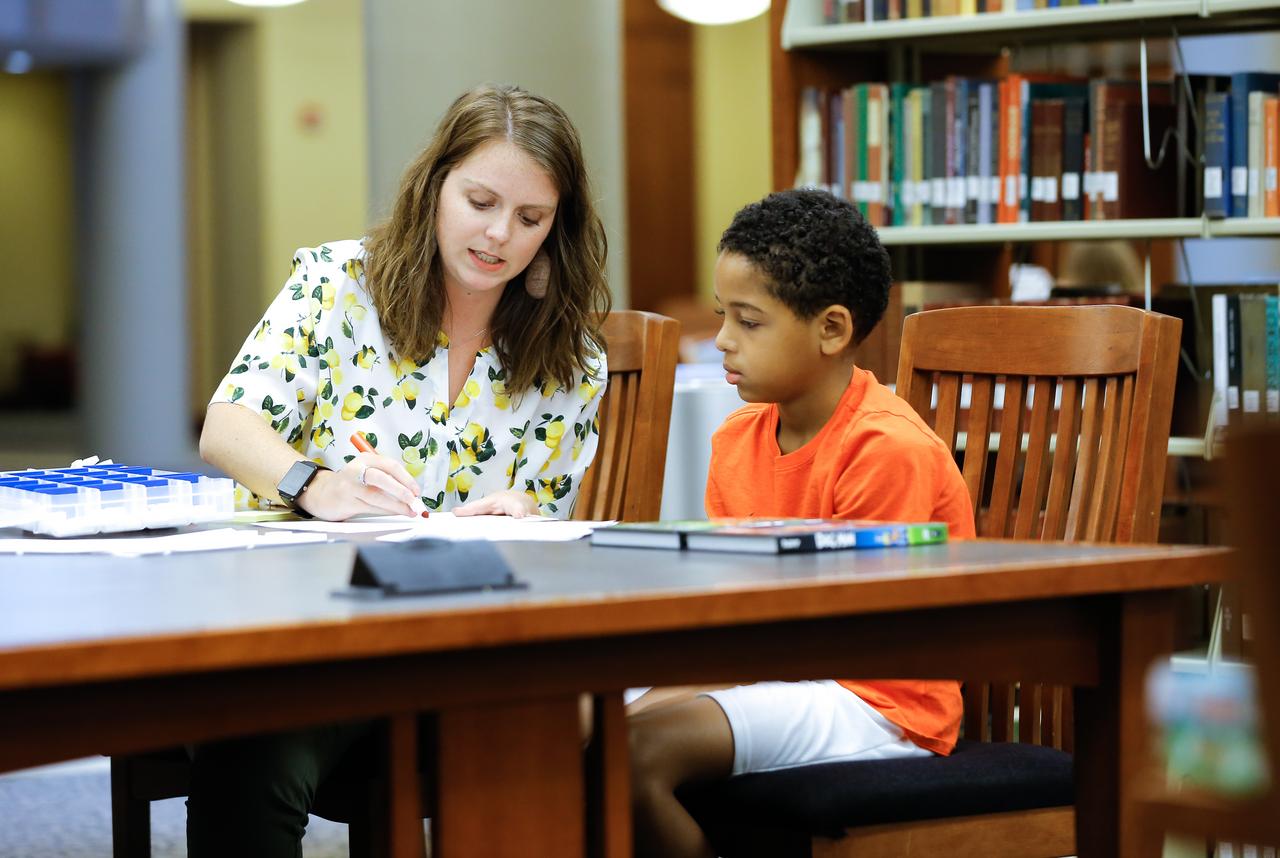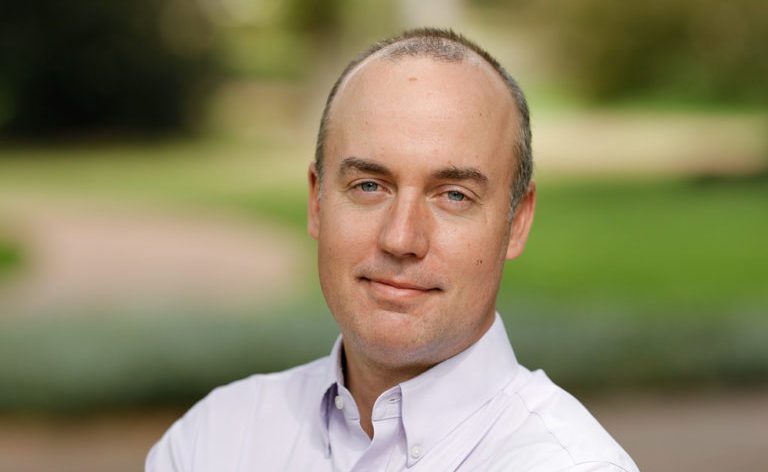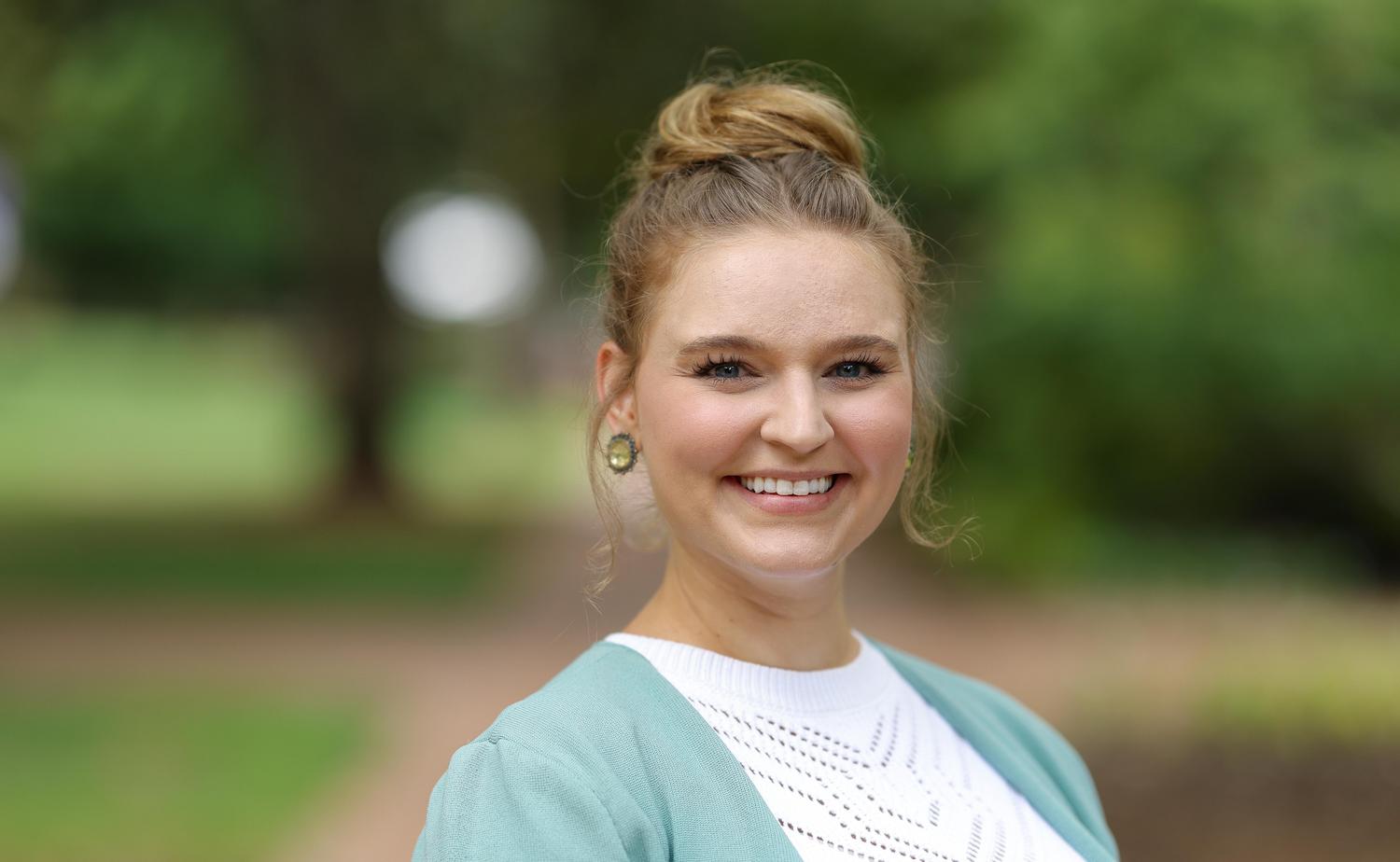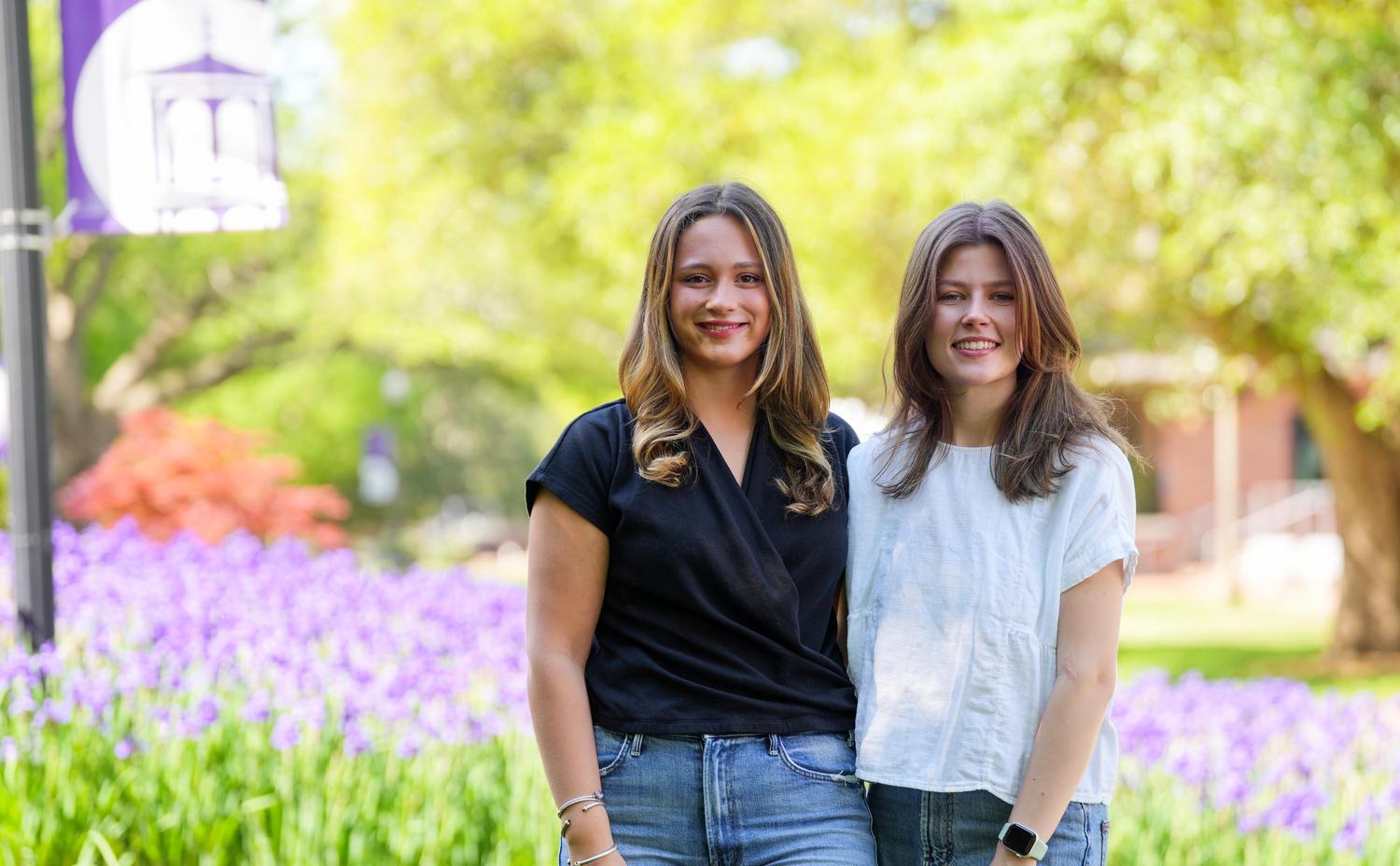Program Overview
Table of Contents
What is an education degree?
Our nation and communities face critical challenges and need caring, innovative, and skilled educators to be part of the solution. An education degree provides the foundation for helping generations of students – from all racial and ethnic backgrounds – reach their potential.
Why study education at Furman?
Furman’s Teacher Residency Program takes a comprehensive and holistic approach to educating future teachers. We provide intensive, individualized support and mentoring throughout the senior year and the first year of teaching. Take your first steps by contacting admissions or reading more about how to apply.
How will you learn?
Teacher candidates work closely with faculty and mentors to explore strategies for teaching and learning in diverse school environments. Relevant topics within education focus on cultivating an inclusive classroom community, effective teaching of subject areas, and meaningful use of technology for student learning.
Throughout the program, teacher candidates engage in local schools and education centers by observing, tutoring, and teaching students. As part of the Teacher Residency Program, candidates learn under the expert guidance of a classroom teacher and faculty mentors. Through May Experience trips to Finland/Czech Republic and Australia/New Zealand, candidates have opportunities to examine schooling from a global context and interact with children, teachers, and policy makers from other countries. Plan a visit to Furman’s beautiful campus or start your application today.

Careers for education majors
An education degree positions students to build skills coveted by hiring managers across multiple arenas. Critical thinking and problem solving skills, excellent verbal and written communication acumen, a collaborative mindset, stellar professionalism and work ethic, and top-notch technical know-how are qualities sought in professions such as these:

- Elementary education teacher
- PK-12 educator
- Curriculum developer
- Educational policy
- Multilingual teacher/specialist
- Nonprofit director
- Early childhood educator
- Middle school teacher
- Writer or editor
- Educational leadership school/district leader
- Instructional coach
Featured education courses
-
100%of the class of 2021 hired for teaching positions
-
91%overall retention rate for last seven years of completers
-
71alumni named Teacher of the Year over the last five years
What our students say
Our faculty
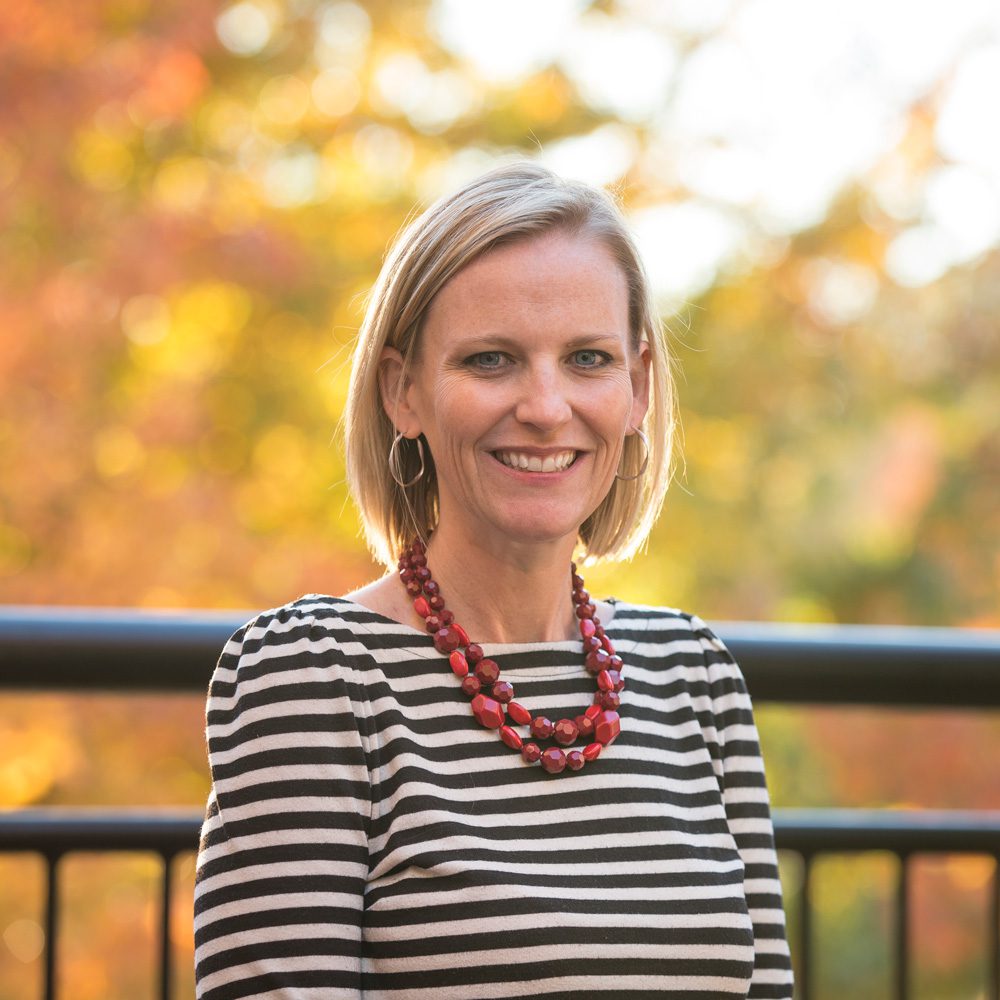
Katie Kelly
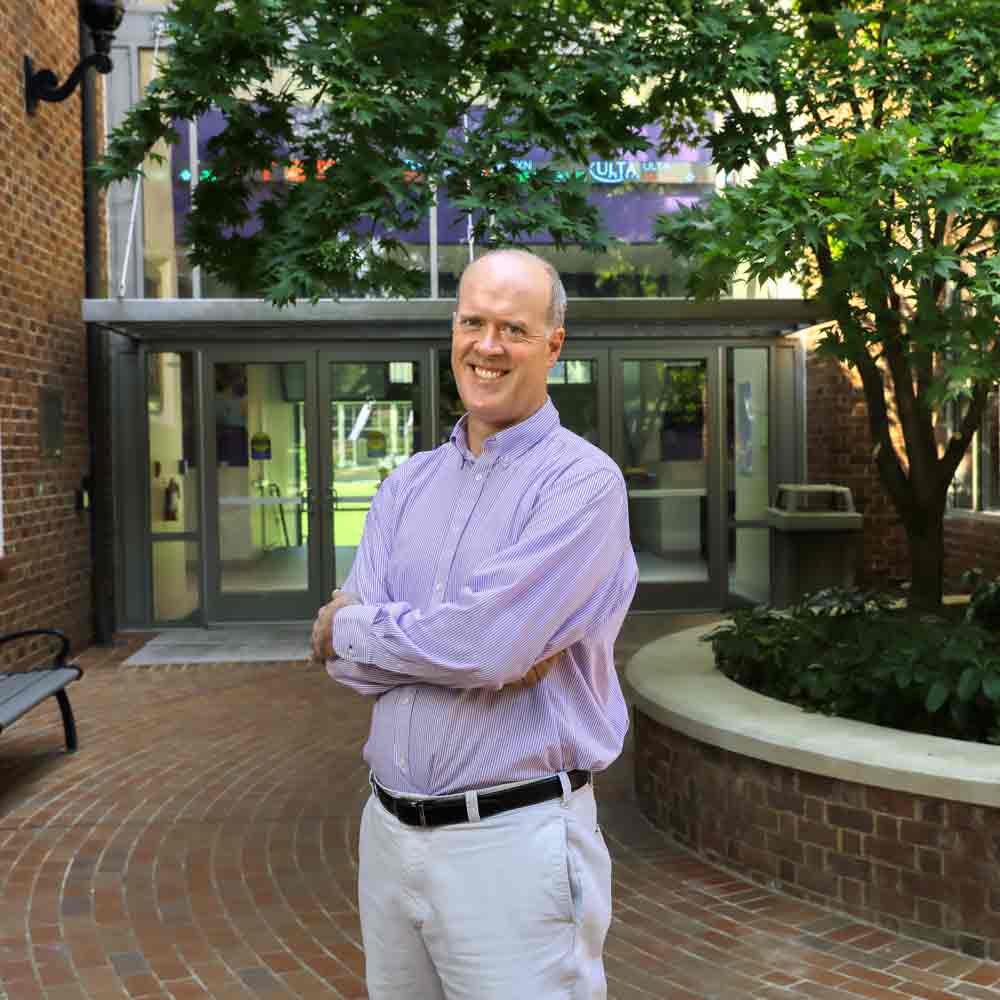
George Lipscomb
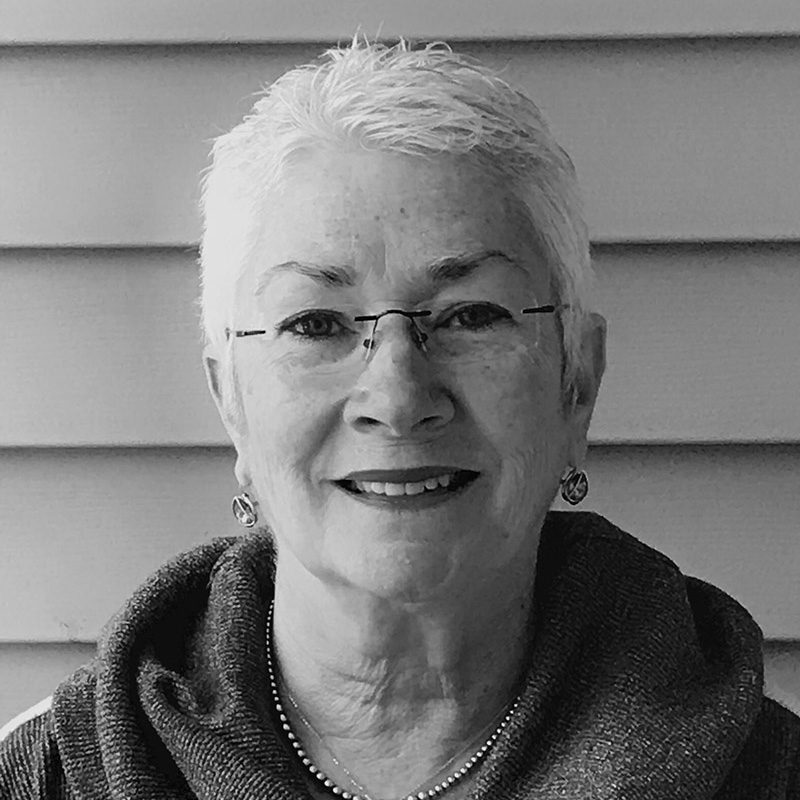
Judy Stuart
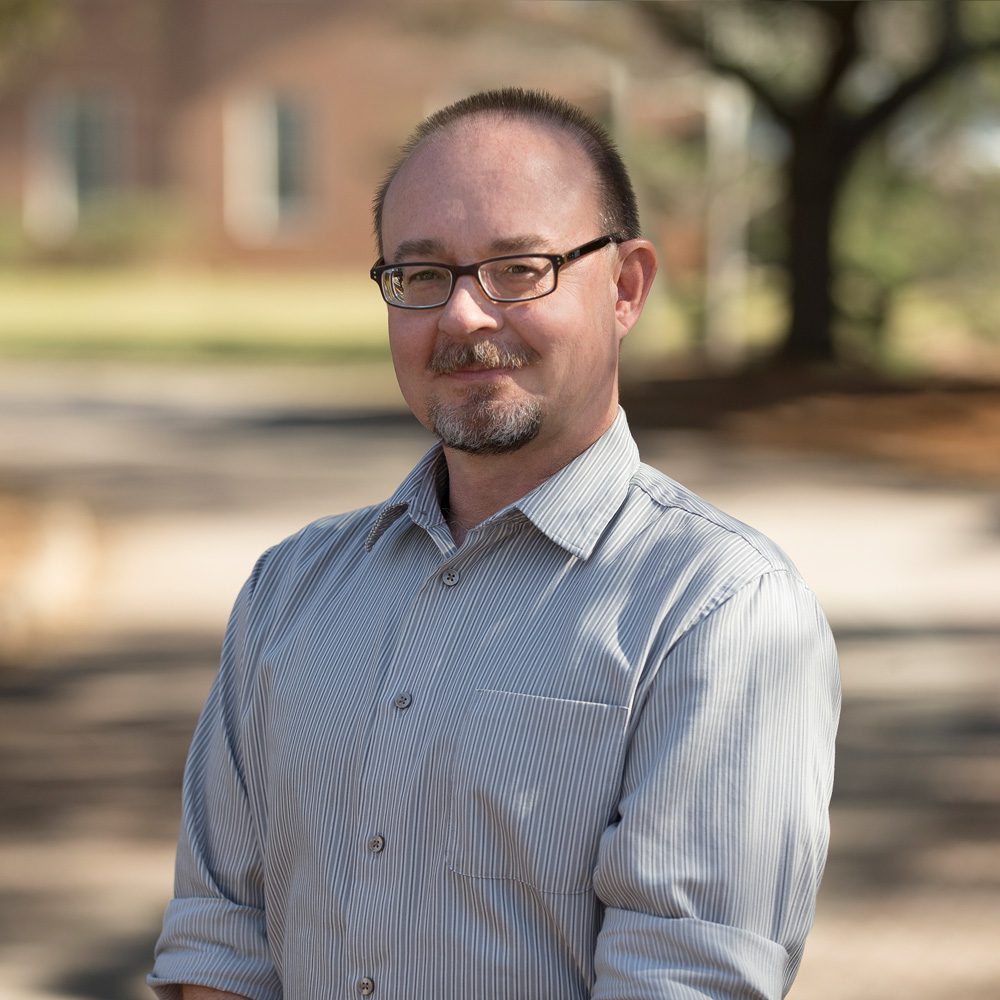
Michael Svec

Shameera Virani

Education Major (Teaching in grades 2-6) F.A.Q.
Graduates are offered positions as elementary classroom teachers with the opportunity to advance to positions such as instructional coaches, nonprofit directors, and school/district leaders.
The average base salary is dependent upon geographical location, highest degree earned, and years of experience in the field of education.
The education B.A. at Furman is a four-year program. Candidates return a fifth year to complete certification requirements as first year teachers receiving full salary and benefits. Candidates have the option to begin a master’s degree during the fifth year.
